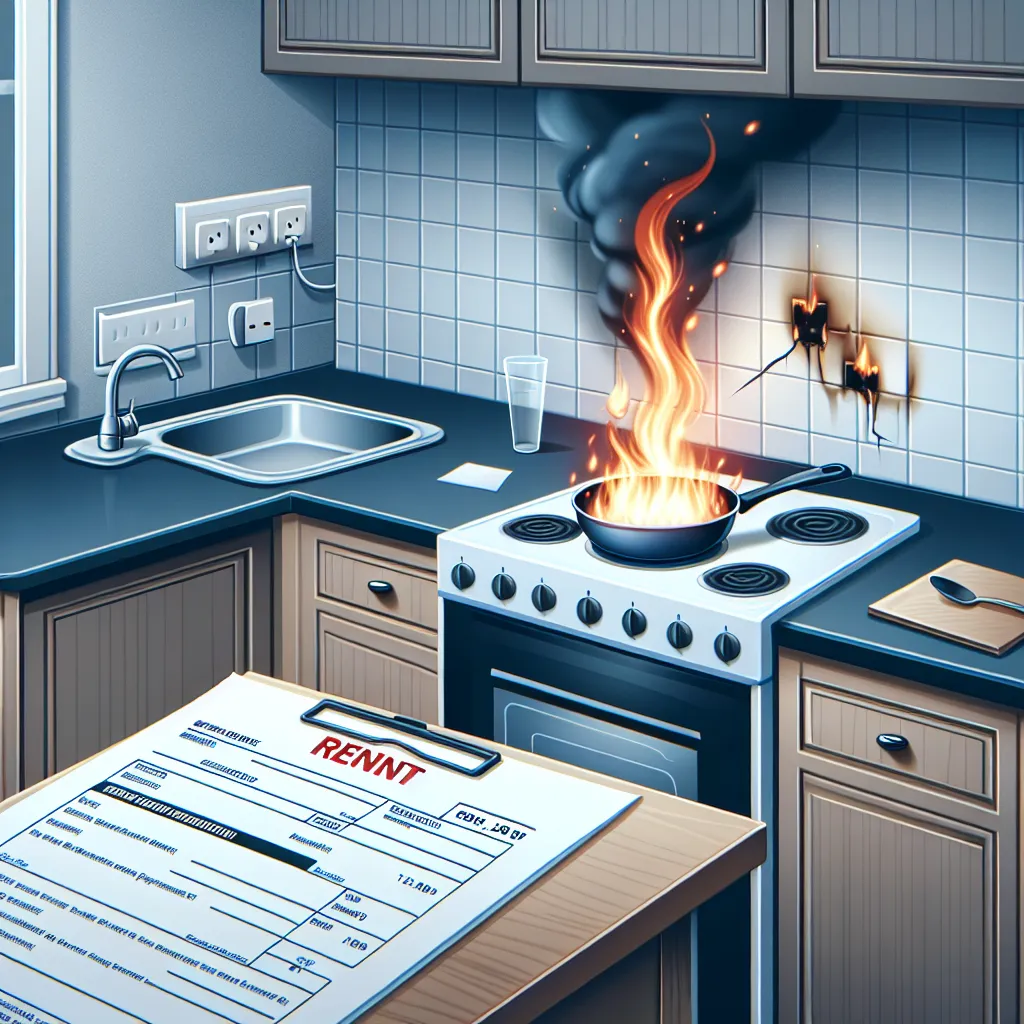House rent insurance might seem like an unnecessary expense at first glance, but it’s a crucial safeguard for renters. This type of insurance ensures that your personal belongings are covered in case of unexpected events like fire, theft, or water damage. While your landlord’s insurance covers the building structure, it doesn’t extend to your possessions. Let’s dive into the nitty-gritty of house rent insurance and why it’s essential for every renter.

What is House Rent Insurance?
House rent insurance, also known as renters insurance, provides coverage for your personal belongings and liability. It’s designed to protect you financially from unforeseen incidents that could otherwise lead to significant expenses. But what exactly does it cover?
Coverage Categories
- Personal Property: Protects your belongings like furniture, electronics, and clothing from damage or theft.
- Liability: Covers legal expenses if someone is injured in your rental unit and you’re found responsible.
- Additional Living Expenses: Pays for temporary housing if your rental becomes uninhabitable due to a covered event.
Why You Need House Rent Insurance
You might think, “Why do I need this if I don’t own the property?” Here’s why:
Protection from the Unexpected
Accidents happen. A kitchen fire, a burst pipe, or even a break-in can occur when you least expect it. House rent insurance ensures you’re not left financially vulnerable when disaster strikes.
Liability Coverage
If a visitor slips and falls in your apartment, you could be held liable for their medical bills. Renters insurance covers these costs, protecting you from potential lawsuits.
Affordable Peace of Mind
House rent insurance is surprisingly affordable. For as little as $12 per month, you can secure a policy that covers your belongings and offers liability protection. That’s less than a couple of coffees a week!
Key Features of House Rent Insurance
Let’s break down the primary features of house rent insurance to understand its benefits better:
Personal Property Protection
| Item | Coverage Amount |
|---|---|
| Electronics | Up to $2,500 |
| Furniture | Up to $5,000 |
| Clothing | Up to $3,000 |
| Jewelry | Special coverage available |
Liability Coverage
| Incident | Coverage Amount |
|---|---|
| Visitor injury | Up to $100,000 |
| Legal fees for liability claims | Up to $50,000 |
Additional Living Expenses
| Expense Type | Coverage Amount |
|---|---|
| Hotel stays | Up to $2,000 |
| Dining costs | Up to $500 |
| Temporary rentals | Up to $1,500 |
How to Choose the Right Policy
Selecting the right house rent insurance policy involves considering several factors:
Evaluate Your Belongings
Create an inventory of your possessions to determine how much coverage you need. Include high-value items like electronics and jewelry.
Compare Policies
Look for policies that offer the best coverage for your needs at an affordable price. Don’t forget to check the deductible amounts and coverage limits.
Consider Additional Coverage
If you have valuable items like engagement rings or expensive art, consider adding special endorsements to your policy for extra protection.
Tips for Getting the Best Deal
Bundle Your Policies
Many insurance providers offer discounts if you bundle your renters insurance with other policies like auto insurance. This can lead to significant savings.
Install Safety Features
Installing smoke detectors, burglar alarms, and fire extinguishers can lower your insurance premiums. Safety features reduce the risk for insurance companies, and they pass the savings on to you.
Maintain a Good Credit Score
A good credit score can lower your insurance premiums. Insurance companies use credit scores to assess risk, so maintaining a high score can benefit you.
Real-life Scenarios: Why House Rent Insurance Matters
Scenario 1: Water Damage
Imagine coming home to a flooded apartment because of a burst pipe. Without renters insurance, you’d be responsible for replacing your damaged belongings out of pocket. With insurance, those costs are covered.
Scenario 2: Theft
If someone breaks into your apartment and steals your laptop and jewelry, renters insurance reimburses you for the loss, minus the deductible. Without it, you’d have to bear the full cost of replacements.
Scenario 3: Liability Claim
A friend trips on a loose rug in your living room and breaks their arm. They sue you for medical expenses. Renters insurance covers the legal fees and settlement costs, saving you from a financial burden.
How AnySqft Enhances Your Experience
Navigating the complexities of house rent insurance can be daunting, but AnySqft’s AI-driven platform simplifies the process. It analyzes your needs, offers tailored insurance recommendations, and connects you with top providers, ensuring you get the best coverage at the best price.
Conclusion
House rent insurance is more than just a safety net – it’s a necessity for anyone renting a home. It protects your belongings, covers liability, and offers peace of mind at an affordable cost. By understanding its importance and how to choose the right policy, you can safeguard yourself against unexpected financial hits.
Ready to get started? Evaluate your needs, compare policies, and secure your peace of mind with house rent insurance today.
